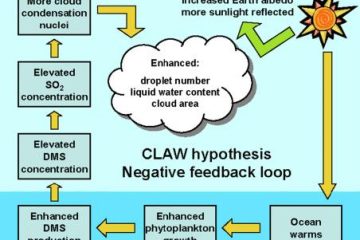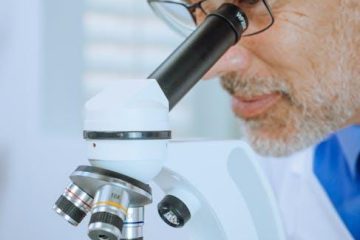Gaia hypothesis
gaia hypothesis origins
The Gaia Hypothesis, conceived by scientist James Lovelock in the 1970s, proposes that Earth functions as a self-regulating system. This groundbreaking idea intertwines life with planetary processes, suggesting that living organisms significantly influence their environment.


